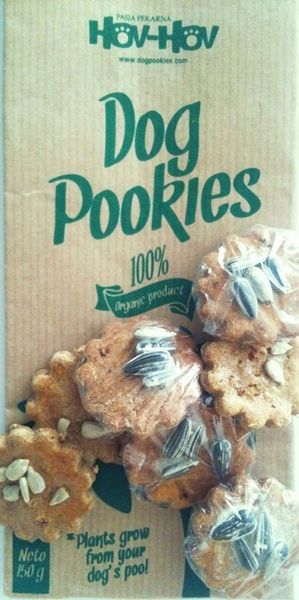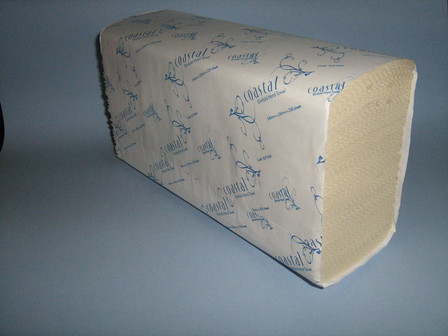Welcome and welcome back to all our students for 2015
By now you should all have had your your introduction to sustainability sessionThe purpose of this session was to introduce to you the reasons why we believe we all need to think differently moving forward and that we can all make small changes, the sum total of which will be big changes.
Throughout the year we will bring sustainable practice into each aspect of the programme and practice thinking with a different mind set. As students of Otago Polytechnic we are aiming to help you graduate with a future focussed mind set, which will set you up well to achieve in the future.
If you missed the introductory session, or just want to review it - here is the link. It has links to some great video resources which for the most part we didn't get time to play at the session and some further reading.
Feel free to post on this blog, on the Moodle forums or just email or call me to discuss anything you want regarding this subject. If you would like to contribute a blog post about your experiences, we would love that too!
 |
| Homemade cleaners |
Relating to a discussion I had with a group of students in Christchurch around making changes at home, this week I thought I'd link you to a webpage that shows you how to make a number of homemade cleaners. The link is missing window cleaner, so here is an other that has an effective window cleaner: This is something really easy that you can do at home - save money, save your hands and lungs and have a lighter footprint on the environment, using these simple recipes.
I look forward to working with you throughout the year on this subject.
Have a great week
Francesca





